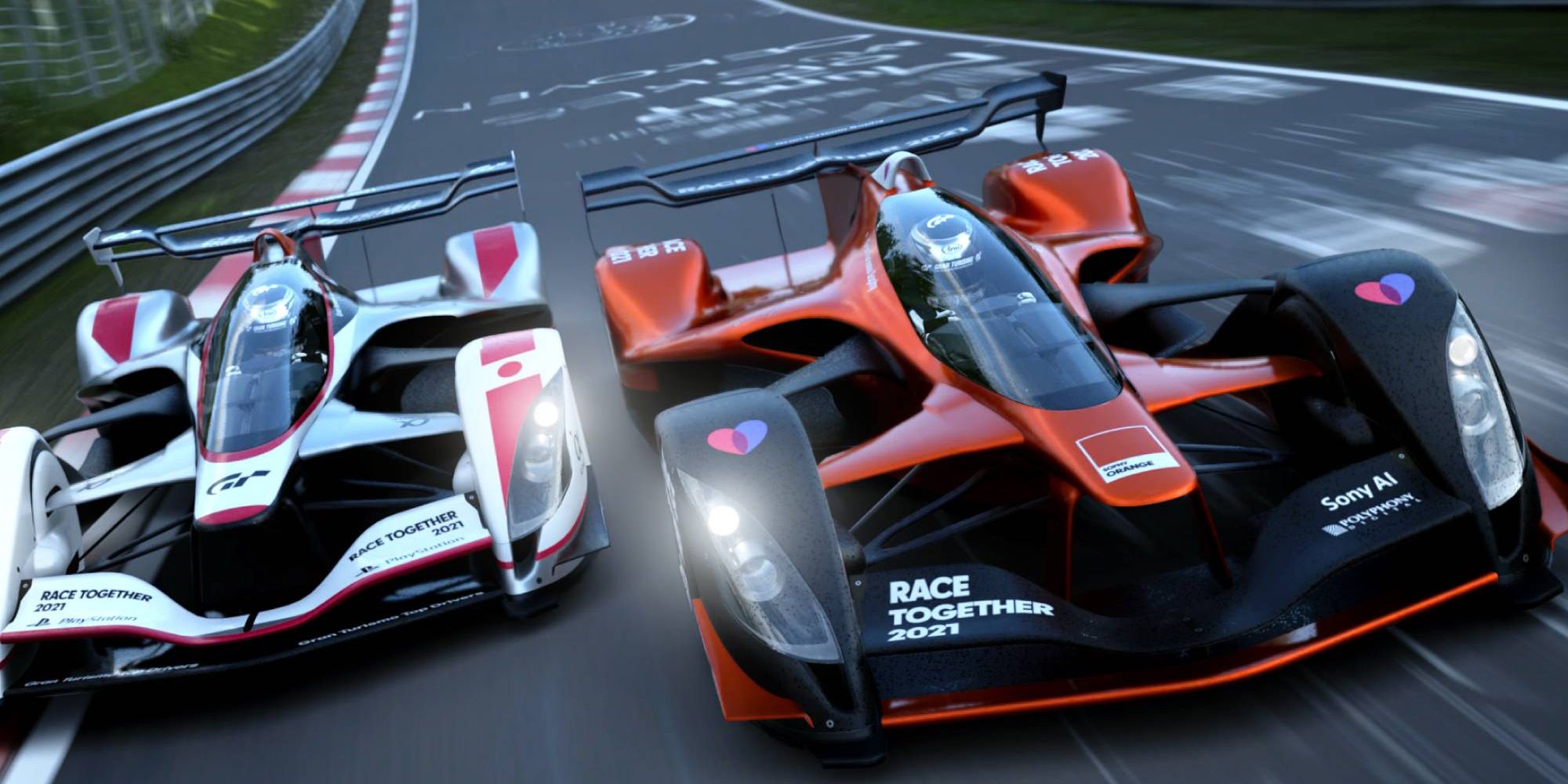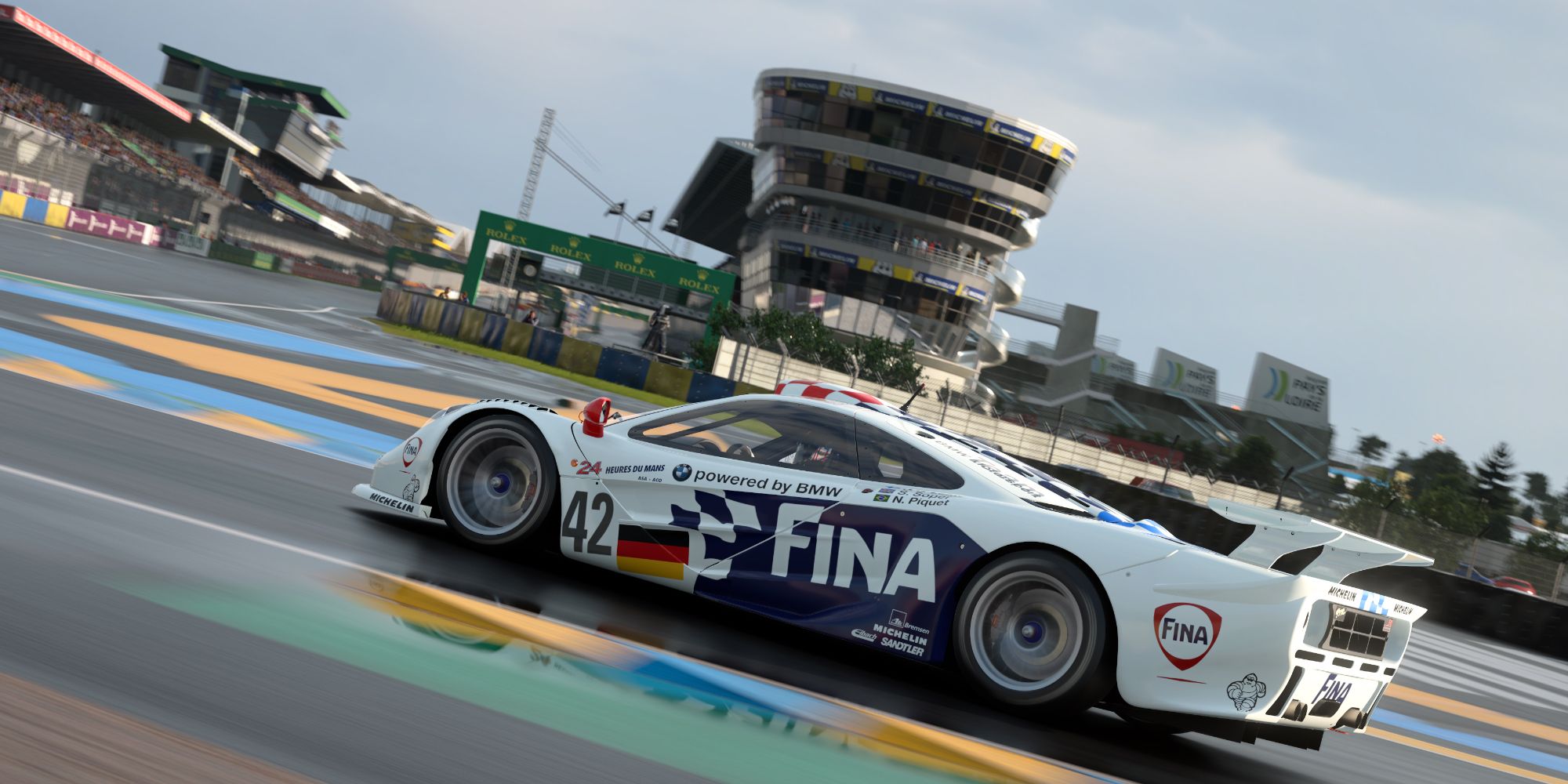After initially receiving overwhelmingly positive reviews from critics, Gran Turismo 7 has come under scrutiny from players because of what's being seen as predatory microtransactions. The simulation racing game was celebrated as a return to form for the series after the multiplayer-focused detour that was taken with Gran Tursimo Sport, but the implementation of in-game purchases after launch has soured the experience for many players. Progression through GT7 is largely made by earning Credits through racing, but developer Polyphony Digital has seemingly undermined its own in-game economy by instituting microtransactions that let players buy the digital currency in bulk.
In-game purchases for Gran Turismo 7 aren't necessarily surprising, but the way they've been implemented after the review period has caused anger amongst the player base. In comparison to previous games in the series, Gran Turismo 7's microtransactions and prices are fairly egregious, with some individual cars in the game roughly equating to $40 spent in real life. Credits are used throughout the game not only to buy cars, but to upgrade them, change their appearance, and more. Races reward players with prize money, but the payout is often little and the cost of rare vehicles so high that it feels as though the game itself (fully priced at $70 on PS5) is incentivizing the player to invest more real-world cash.
Microtransactions themselves often bring up ethical concerns in regards to how predatory they are toward consumers, with loot boxes especially being criticized as a form of nearly unregulated gambling. Gran Turismo 7 is at least up front about what the player is getting, but the addition of the microtransactions after launch indicates Polyphony Digital knew the system wouldn't be well-received. Screen Rant's own Gran Turismo 7 review mentioned that microtransactions were absent from the pre-launch review copy, and that it was a feature prospective buyers should keep an eye on.
Gran Turismo 7's Belated Microtransactions Are Manipulative
Games publishers tend to hand out free copies of their upcoming titles to publications because reviews double as an easy form of advertising. Embargoes will often lift just before a game is set to release so that more people are talking about the game right before it becomes available to play. Microtransactions are a sensitive subject with core gaming audiences, and whether Polyphony Digital meant to or not, withholding the in-game purchases in review copies comes off as a strategy to protect review scores. The discrepancy in experiences can be seen in Gran Turismo 7's Metacritic scores, where it has become the worst user-rated Sony game ever in the aggregate site's history, while simultaneously holding an impressive Metascore of 87, which is a weighted average from the Critic Reviews category.
Gran Turismo 7 is an enjoyable racing game severely marred by an ineffective, grind-heavy economy. What's more, the GT7 PlayStation Store page alleges that players "can buy, tune, race and sell [their] way through a solo campaign as [they] unlock new cars and challenges." As many frustrated players would point out, unwanted cars can't actually be sold in Gran Turismo 7 despite the game including a simulated used car lot. This further restricts in-game revenue streams, incentivizing those who want to build a considerable collection in GT7 to turn toward microtransactions. The whole situation is indicative of a fundamental misunderstanding of the racing sim genre's appeal on the part of the developers, who want GT7's cars to mirror real-world prices. Games like Gran Turismo 7 offer an escape from the unattainable prices of real-world supercars, and while in-game economies are necessary to provide some form of progression, implementing and incentivizing microtransactions after launch is a terrible and manipulative strategy.
Source: Metacritic, PlayStation Store


